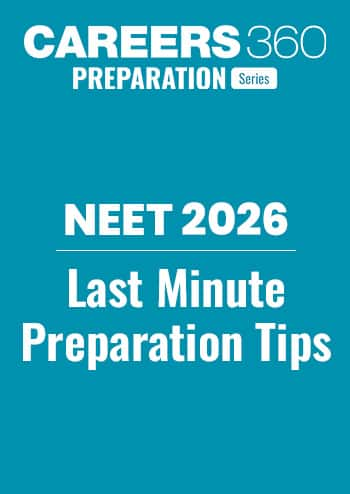Electromagnetic radiation MCQ - Practice Questions with Answers
Edited By admin | Updated on Sep 25, 2023 25:23 PM | #NEET
Quick Facts
-
8 Questions around this concept.
Solve by difficulty
Ratio of frequency of two radiations having wavelength 4000 and 6000 Ao respectively
Concepts Covered - 1
Speed of electromagnetic radiation and EM radiation
EM radiation -
According to electromagnetic wave theory, energy is emitted continuously from a source in the form of radiations (or waves), known as electromagnetic radiation.
The relation between frequency, wavelength, and wavenumber:
Frequency ∝ 1/wavelength wavenumber ∝ 1/wavelength
Radio wave -
Microwave -
Infrared -
Ultraviolet -
X-rays -
Gamma rays -
Speed of electromagnetic radiation -
where the frequency is (, pronounced as nu), the wavelength is (λ) and velocity of light is (c)
Study it with Videos
"Stay in the loop. Receive exam news, study resources, and expert advice!"













